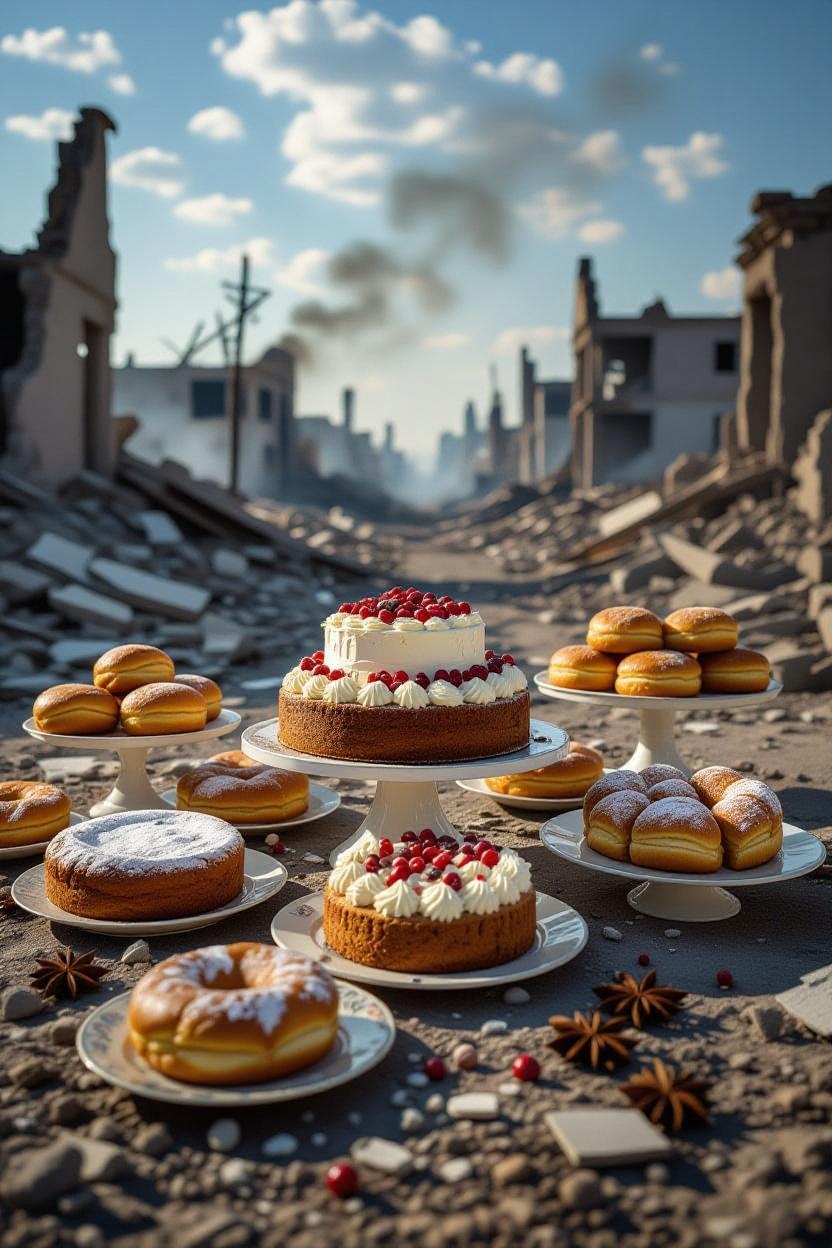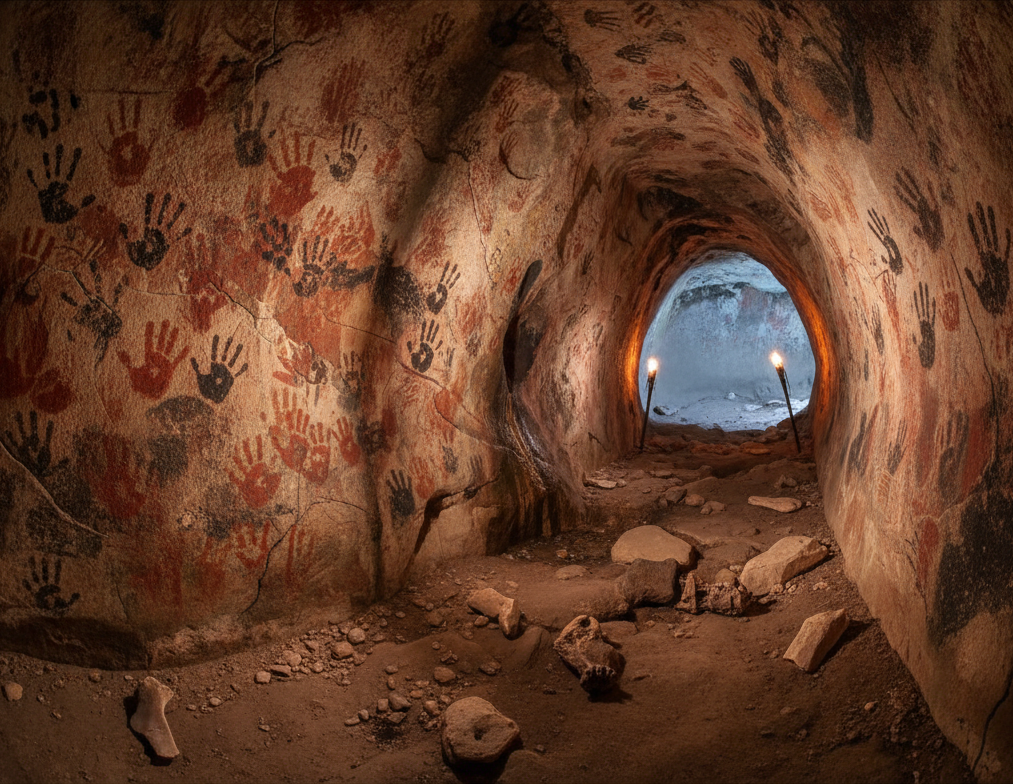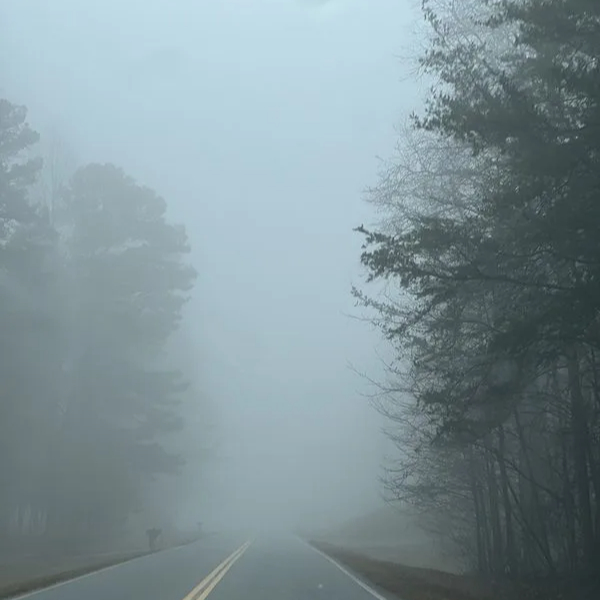Transformational Reinvention
Good or Bad, Owning Your Life Story

I was watching The Great British Bake Off the other night. One of the contestants, Nataliia—the first Ukrainian baker on the show—had been catching my attention. She spoke gently, baked beautifully, and carried herself with quiet grace. Her family had joined her in the UK as refugees after the war started. And as she baked a cake inspired by the landscapes of her homeland and created a pastry using flavors from her beloved Ukraine, something struck me: even in the wreckage of war, culture refuses to die. It travels. It bakes. It sings.
War, as bad and destructive as it is, is also, strangely, a force of expansion.
Displacement scatters people across the world, carrying their language, food, music, and memory like seeds on the wind. Those who are uprooted often express their culture with greater fervor and love, as if clinging to the last tangible proof of who they are.

It’s a tragic paradox: destruction becomes diffusion. The collapse of empires or conquests of other people's lands spread spices, recipes, and rhythms. Refugees, exiles, and wanderers become ambassadors of survival, teaching others to taste what they’ve lost. Jazz was born from that kind of pain—an art form forged from oppression that became the sound of freedom.
War tears apart, but it also stirs the sediment of human creativity. It forces contact between worlds that might never have met. It’s the ugliest form of pollination, sort of like humanity’s composting process, turning wreckage into fertile ground for new forms of life.
Yet expansion through suffering doesn’t justify the suffering. It simply shows how relentless the life force is: it insists on growing, even through ruin.
Maybe the real question is whether we can learn to create the same expansion without burning the field first.

What if the very same spark that made a handprint on a cave wall 250,000 years ago is the identical creative fire that just penned your favorite pop chorus, painted a digital Van Gogh-style cat, and even dreamed up a brand-new protein in a lab?

From breaking down overwhelming dreams into manageable steps to reshaping your relationship with failure, this guide provides practical techniques that transform fear from a barrier into a stepping stone.